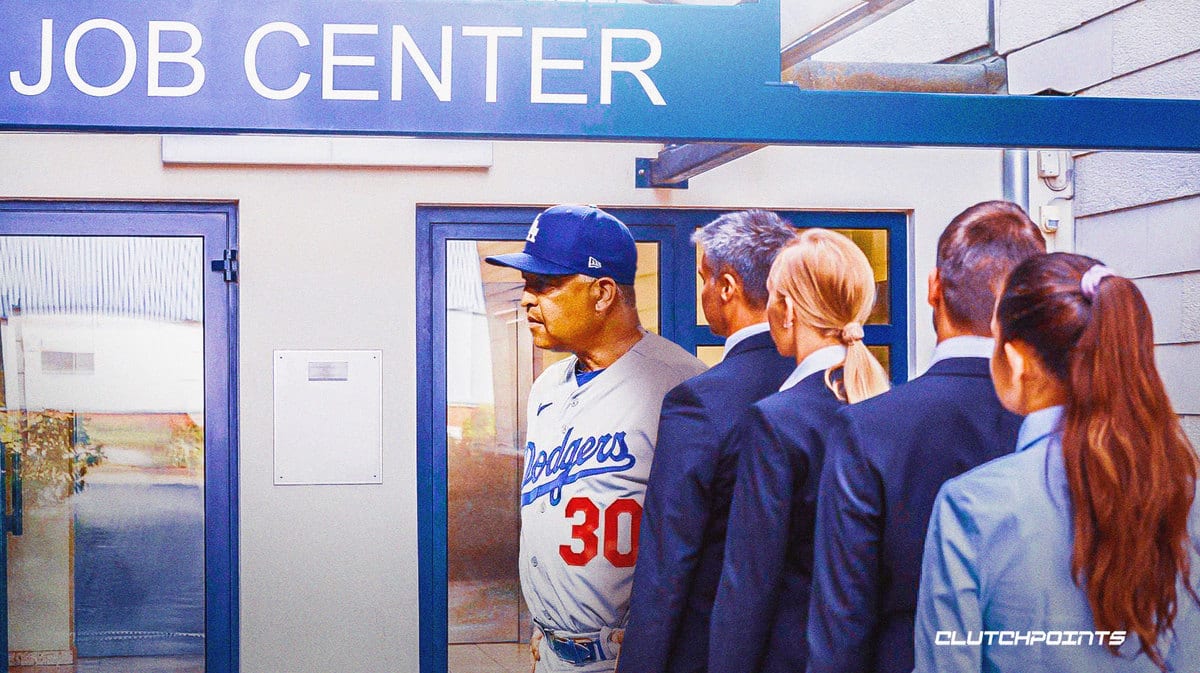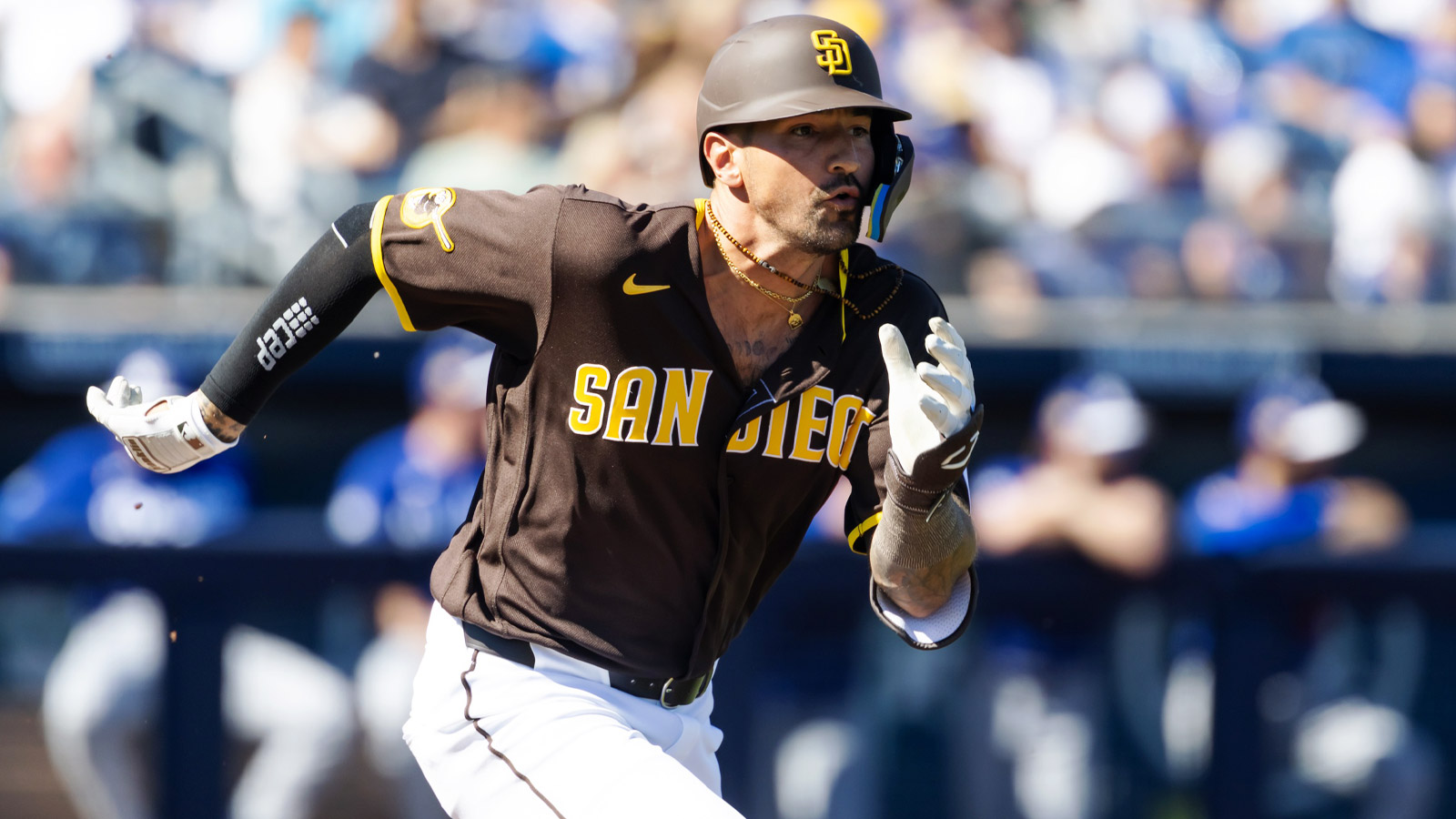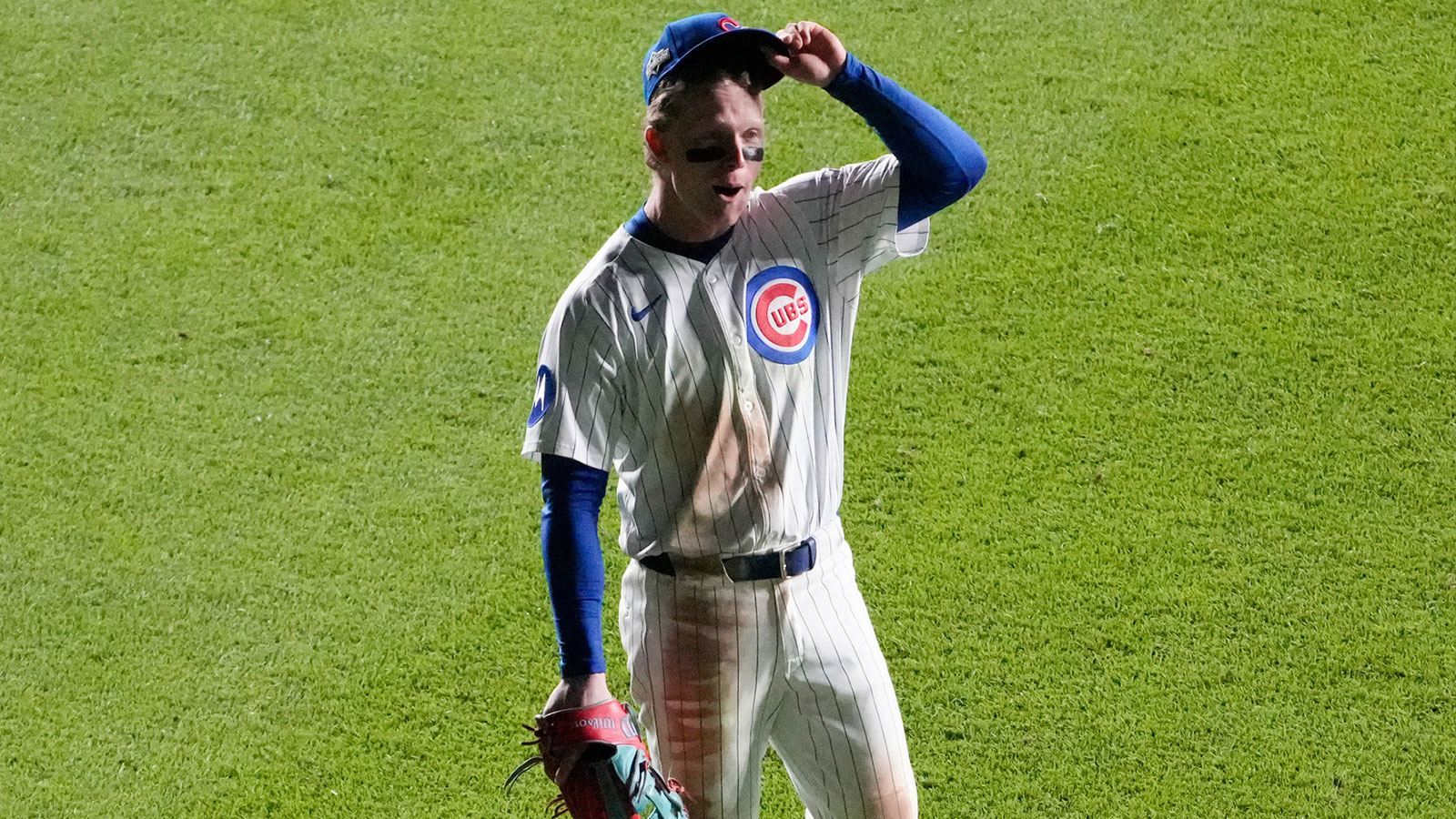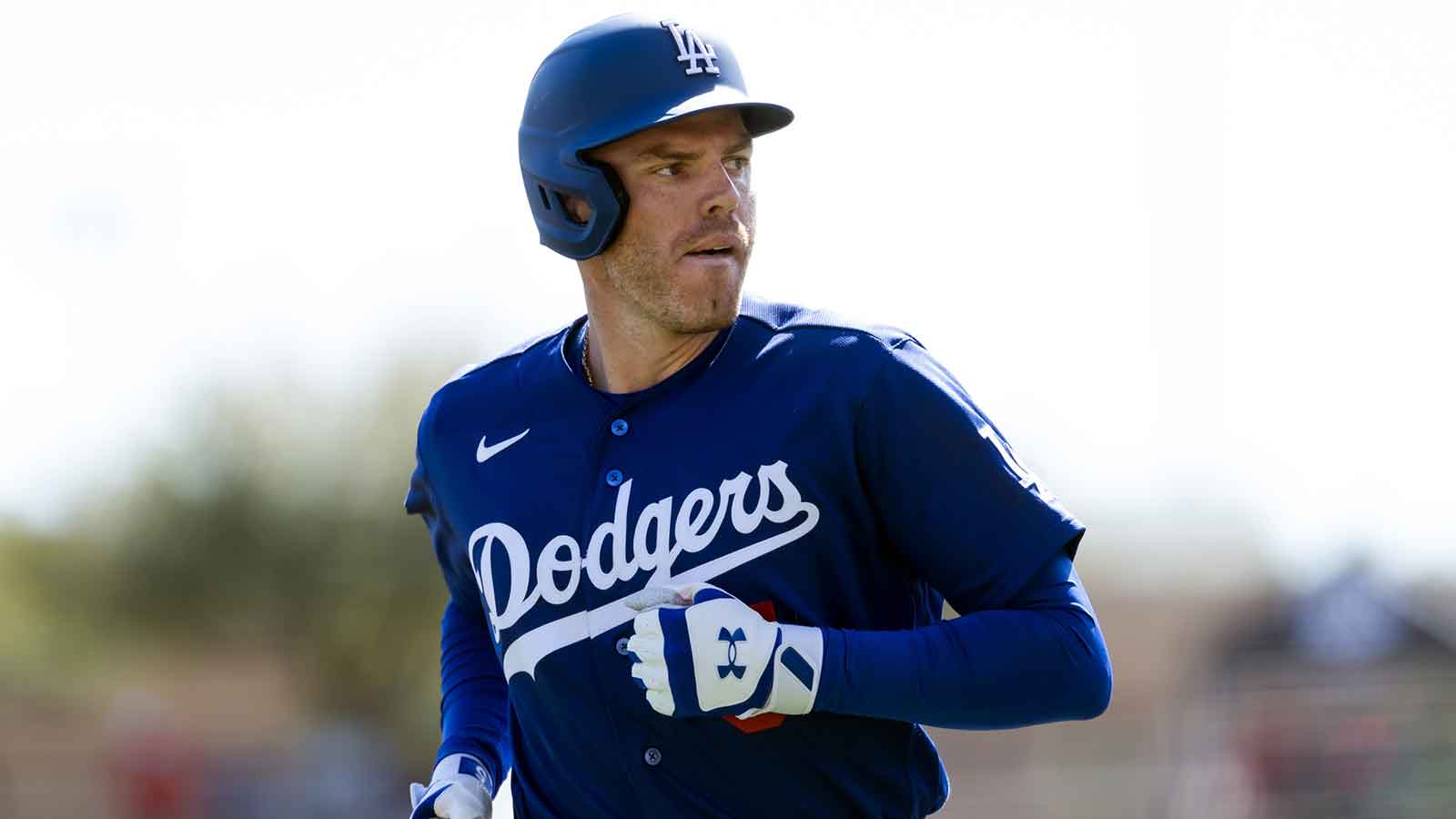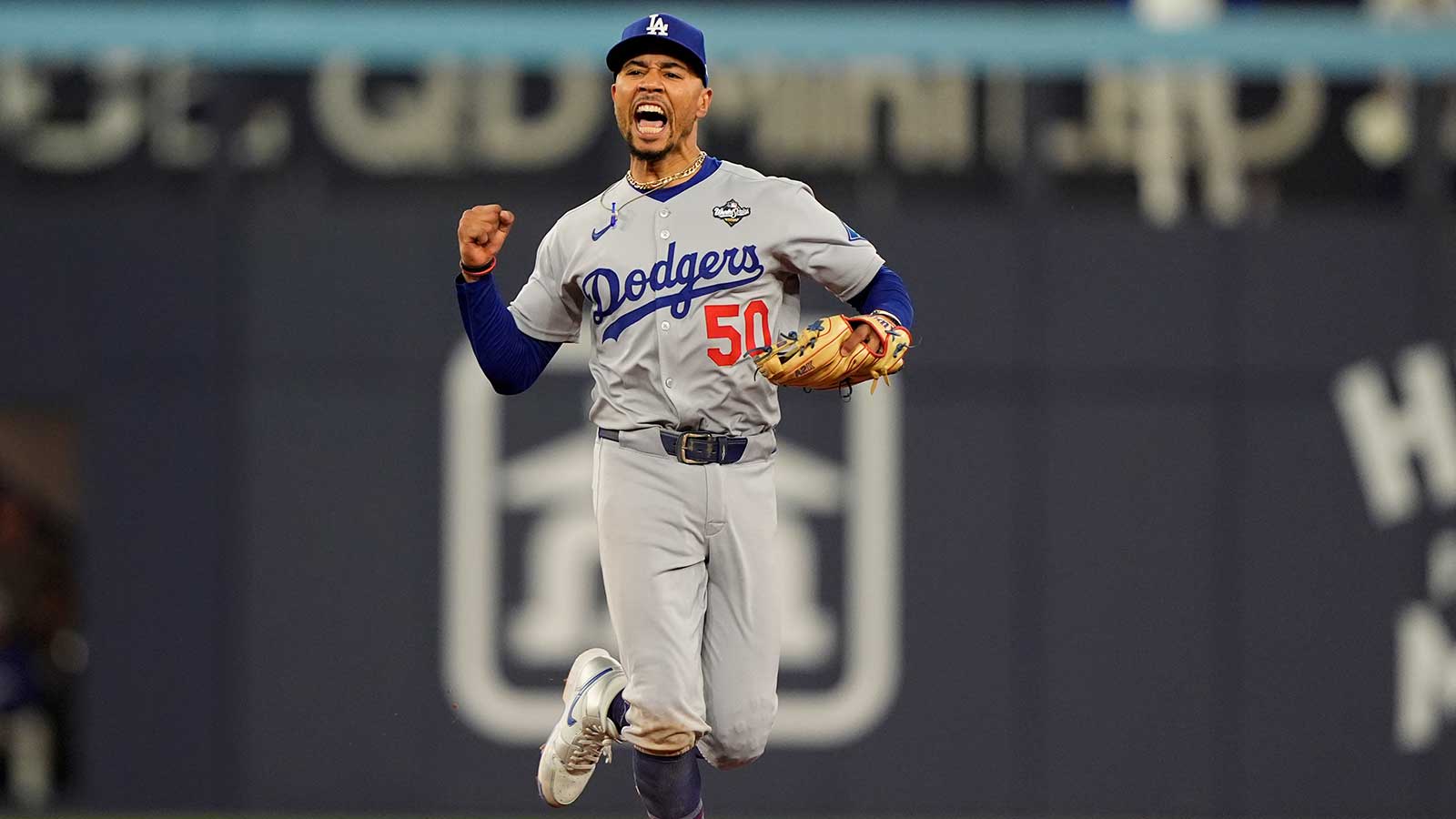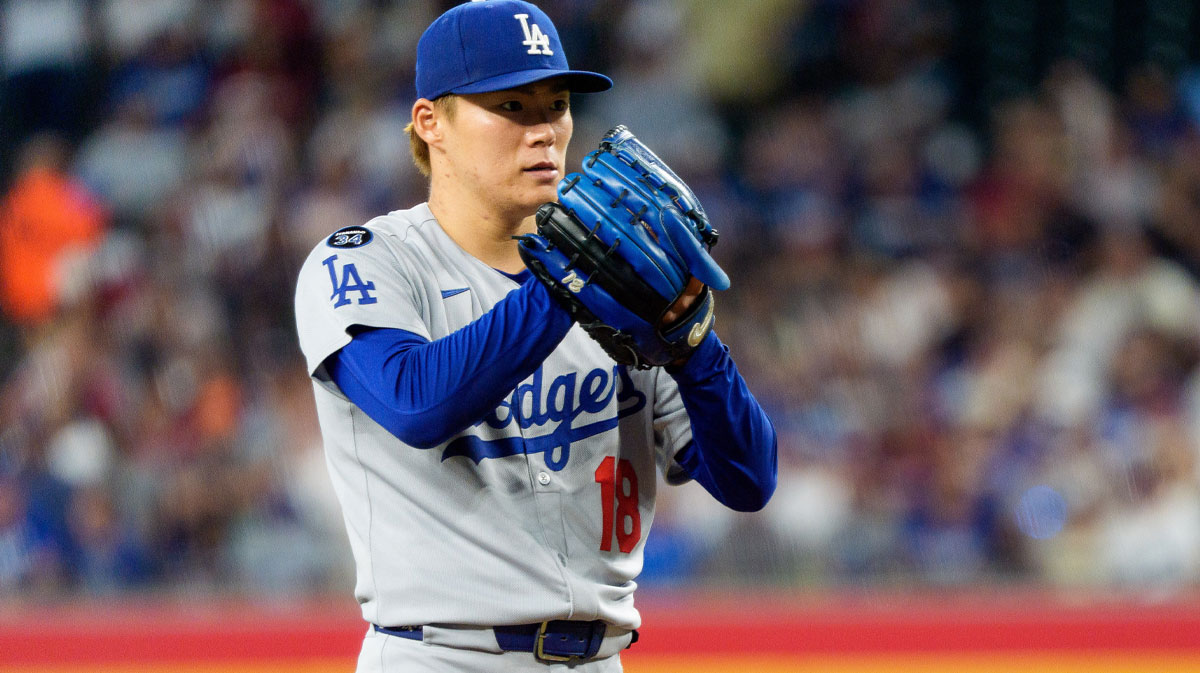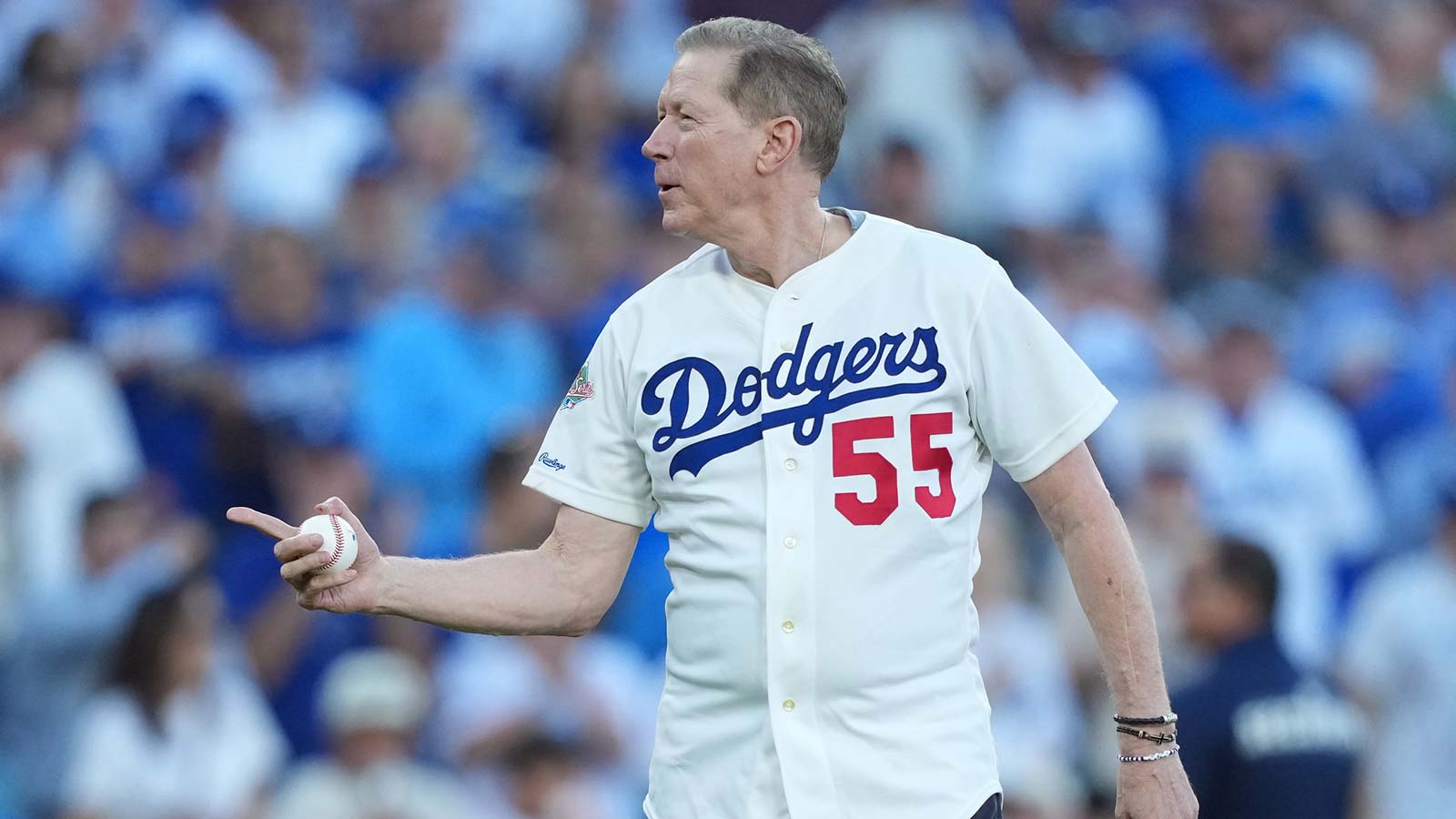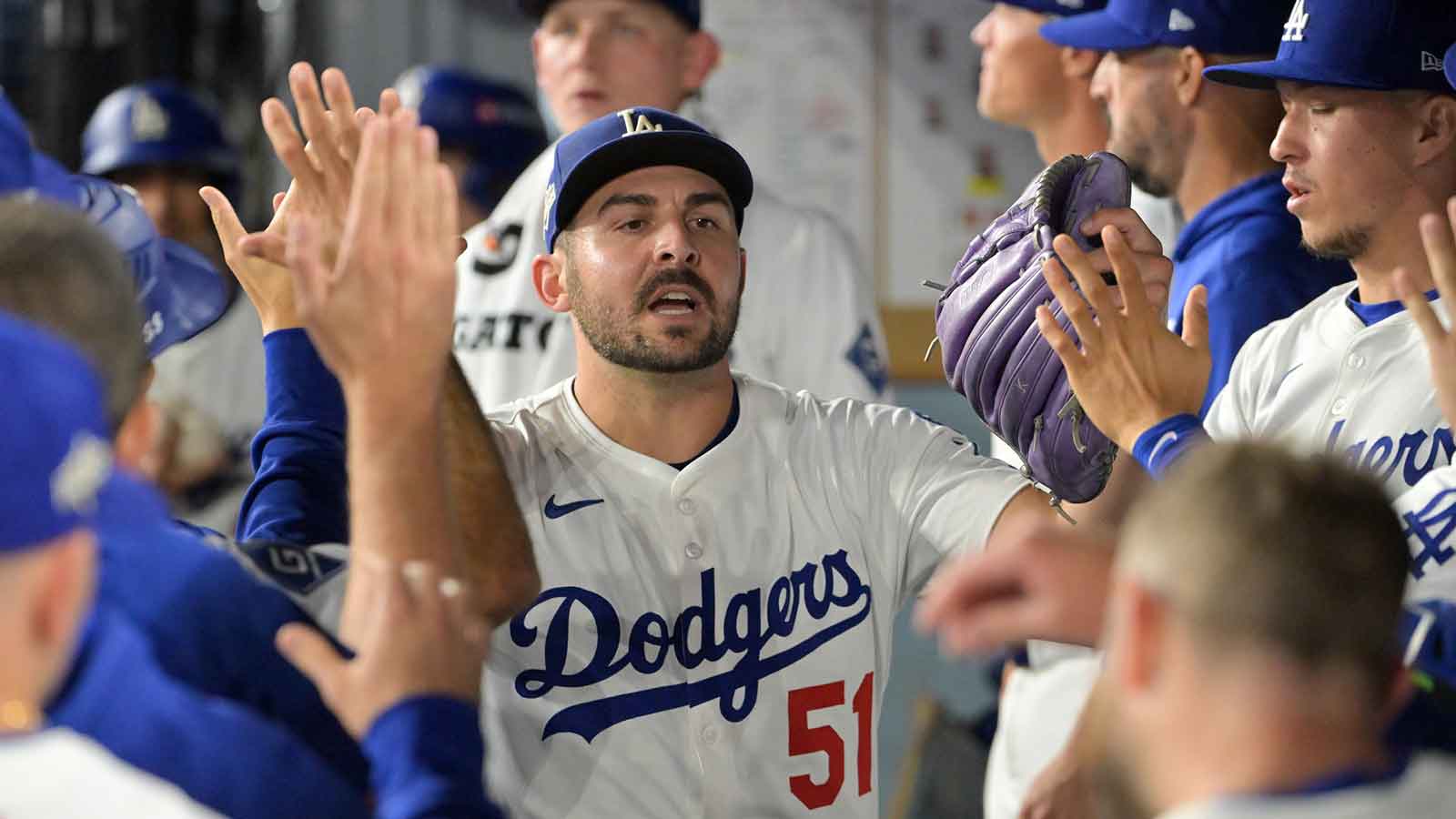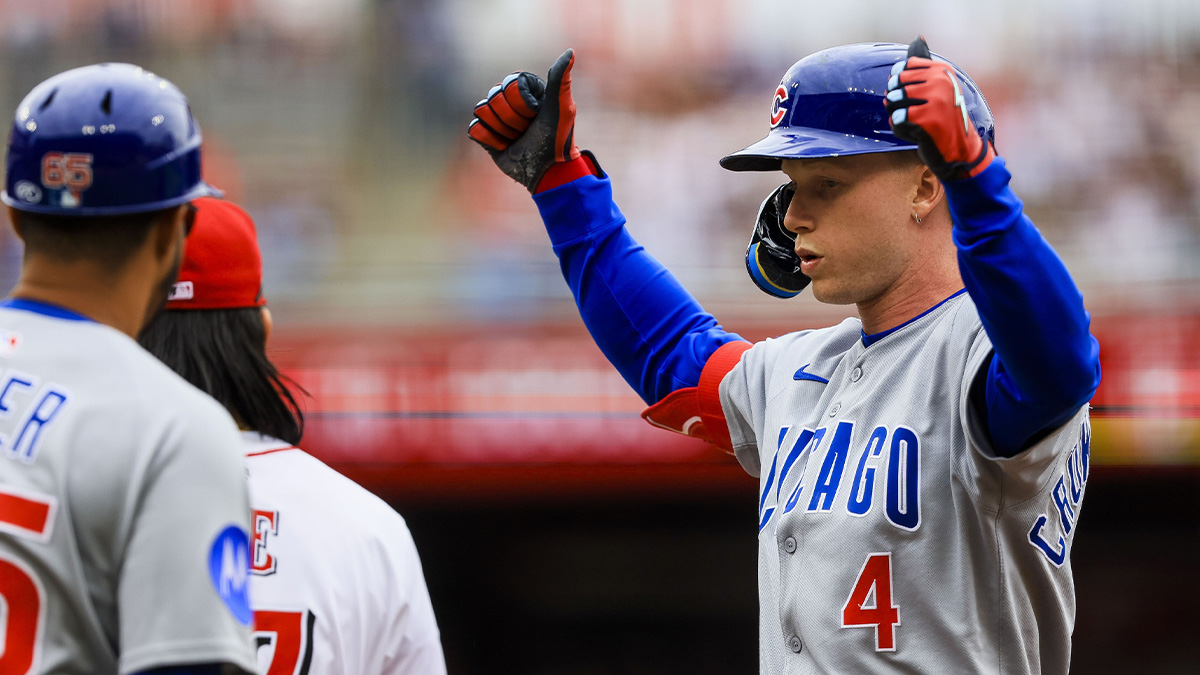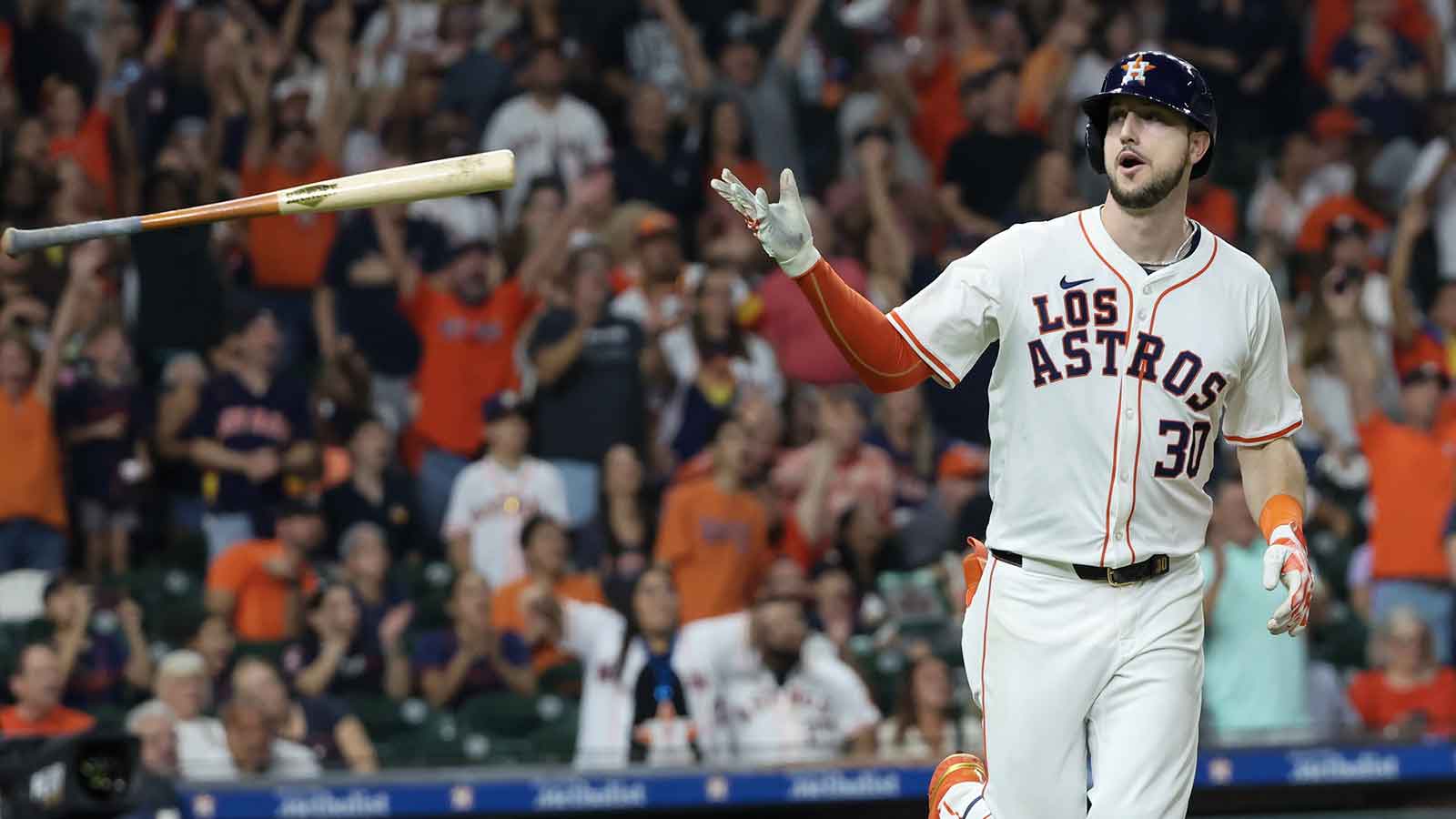On Wednesday night, the Los Angeles Dodgers and manager Dave Roberts were once again sent home with an early exit from the MLB Playoffs after failing to secure a single victory in the NLDS against the Arizona Diamondbacks. That's right; not a single postseason win for the Dodgers, despite an impressive 100 regular season victories.
Dodgers' 100-plus win seasons lead to early MLB Playoff exits
In three of the last four full seasons, the Dodgers have achieved 100-plus wins, only to be thwarted in the NLDS. They reached the NLCS in 2021 but were vanquished by the Braves in six intense games.
Since 2019, the Dodgers have dominated the regular season, assembling a roster that money can buy, complemented by a wealth of talent in their farm system. They boast a record of 466-242, with the next best team, the Houston Astros, trailing at 427-281, and the Atlanta Braves in third with 425-282 (as per StatMuse). All three teams have secured a World Series title during this period. However, there's a significant issue: the Dodgers won theirs during the truncated 2020 season necessitated by the pandemic.
Dodgers' 2020 World Series is a scarlet letter to Dave Roberts and team
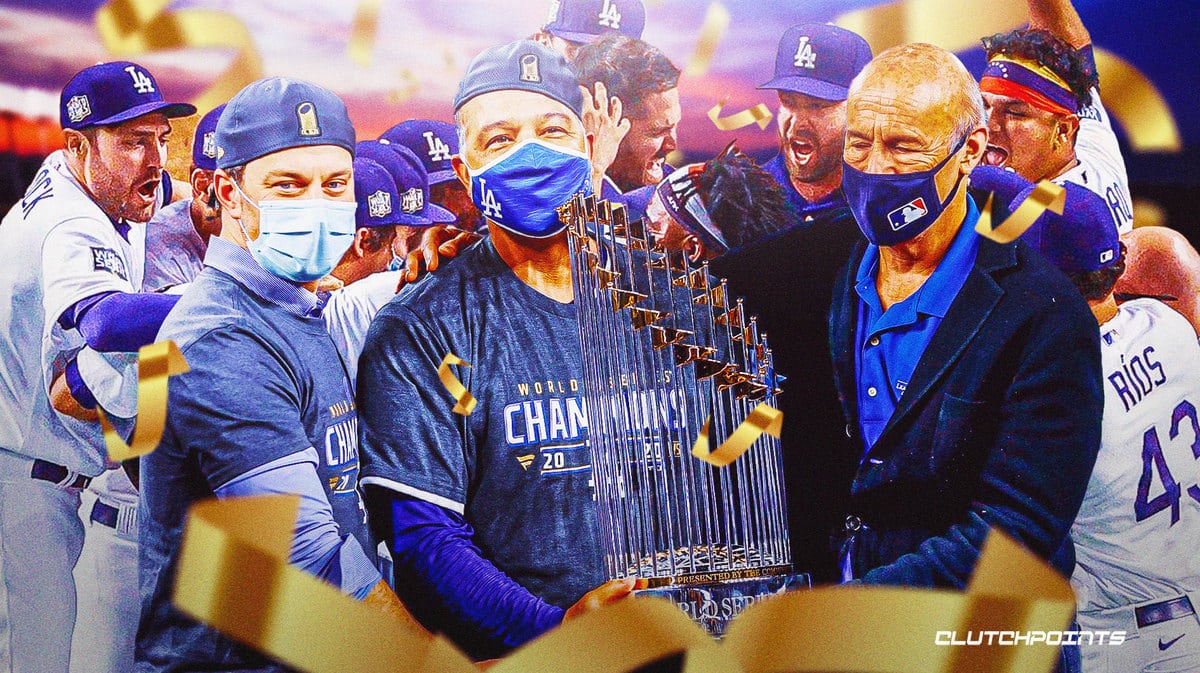
Regardless of how one views the 2020 season and the unique challenges it presented, it's impossible to escape the asterisk that accompanies it. The shortened season is a historical anomaly, and while it doesn't invalidate the Dodgers' championship, it forever brands it with a virtual scarlet letter.
This is because of the team that clinched the title, viewed in retrospect. If the Dodgers had secured a championship in the previous year or during their appearances in the Fall Classic in 2017 and 2018, or even the year following 2020, it wouldn't be perceived the same way. But the fact that the Dodgers have struggled to win it all in a full season under conventional circumstances makes them appear vulnerable. It leaves fans and critics alike questioning their ability to secure a championship without the constraints and unusual parameters of a shortened season.
Ultimately, this scrutiny often falls upon Dave Roberts, who has managed the Dodgers since 2015, taking the reins from Don Mattingly.
Does Dave Roberts deserve to be fired?
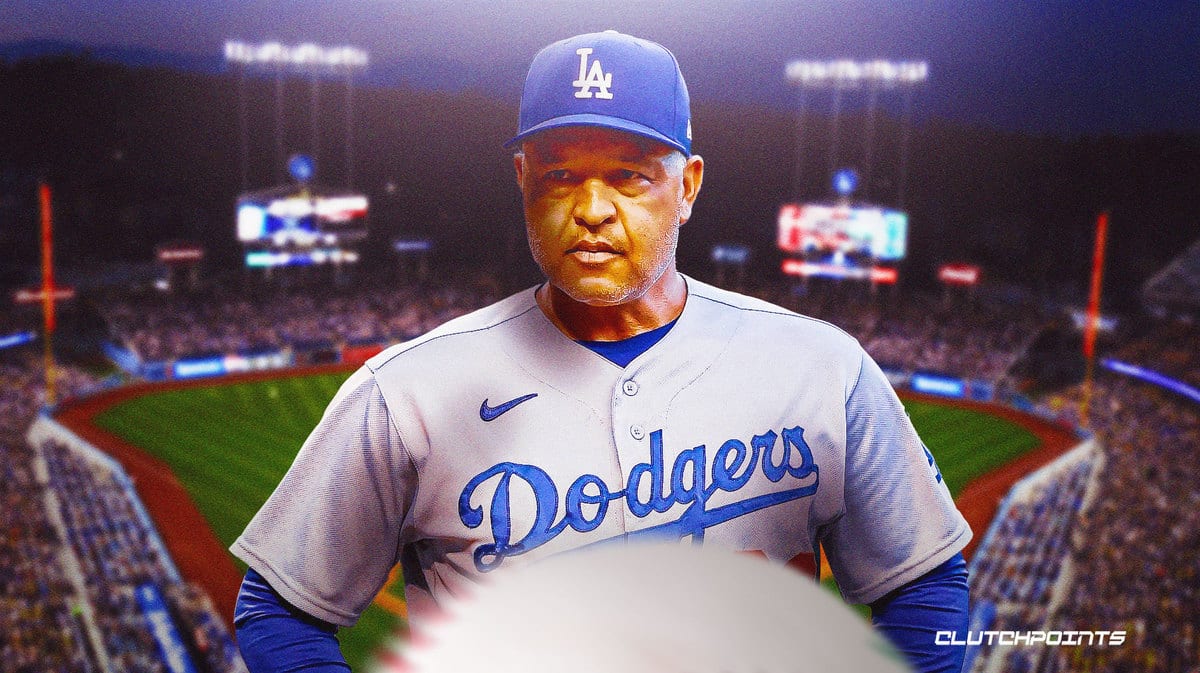
Is it fair? Perhaps not, especially in this season where Roberts may have demonstrated his best managerial skills with the resources at hand. The Dodgers didn't make their customary high-profile offseason acquisitions or headline-grabbing deadline trades. For that, Dodgers President of Baseball Operations, Andrew Friedman, shoulders the blame.
It's not Roberts' fault that standout players like Freddie Freeman and Mookie Betts, both potential NL MVPs, collectively struggled with a paltry .100 batting average, managing just one hit and recording four strikeouts. It's not Roberts' fault that the Dodgers' pitching staff conceded a whopping 19 runs, while their own offense managed a mere six. The Dodgers limped into the postseason with notable starting pitchers like Julio Urias dealing with legal issues, Dustin May and Tony Gonsolin sidelined, and Walker Buehler hampered by injuries. The burden also fell on an aging Clayton Kershaw, who was nursing a shoulder problem.
Nor is it Roberts' responsibility for the five-day layoff that teams with a bye now experience, which only the Astros seem to have mastered. But what does rest squarely on Roberts' shoulders is the shadow of the past, which inevitably influences the Dodgers' future.
It all leads back to the 2020 season and the Dodgers' first World Series title since 1988. For all the times Roberts was criticized for mishandling the bullpen, lineup errors, and failing to put arguably the best team in baseball in a position to win, this is what will likely cost Roberts his job. There's a concern that Roberts needs a season like 2020, where circumstances prevented him from making long-term errors.
The 2020 season stands as Roberts' crowning achievement, but paradoxically, it is also his greatest curse. It symbolizes a situation where Roberts triumphed because there wasn't enough time for him to falter over the long haul of a grueling 162-game schedule. It might seem unjust to fire Roberts after this season, where the blame doesn't rest with him as much, but the weight of past years, where the team fell short of its potential and expectations, takes its toll.

